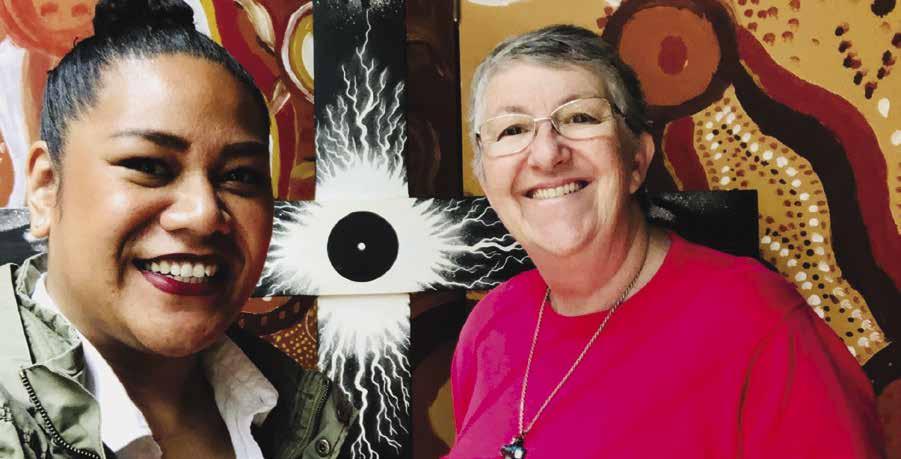
2 minute read
Principles
Our work is shaped by Catholic Social Teaching Principles.
The climate is a common good belonging to all and meant for all.
Advertisement
Pope Francis, Laudato Si’
Dignity of the Human Person Every human being is created in the image and likeness of God and therefore has inherent dignity. No human being should have their dignity or freedom compromised. The dignity of every person, independent of ethnicity, creed, gender, sexuality, age or ability, is the foundation of Catholic Social Teaching. Care of Our Common Home We must all respect, care for and share the resources of the earth, which are vital for the common good of people. Care for animals and the environment is a common and universal duty, and ecological problems call for a change of mentality and the adoption of new lifestyles. Promotion of Peace All peace requires respect for and the development of human life, which in turn involves the safeguarding of the goods, dignity and freedom of people. Peace is the fruit of justice and is dependent upon right order among human beings. The Common Good Every person should have sufficient access to the goods and resources of society so they can completely and easily live fulfilling lives. The rights of the individual to personal possessions and community resources must be balanced with the needs of the disadvantaged and dispossessed. The common good is reached when we work together to improve the wellbeing of people in our society and the wider world. Subsidiarity and Participation All people have the right to participate in decisions that affect their lives. Subsidiarity requires that decisions are made by the people closest and most affected by the issues and concerns of the community. Economic Justice Economic life is not meant solely for profit, but rather in service of the entire human community. Everyone capable should be involved in economic activity and should be able to provide for themselves and their family. Solidarity Everyone belongs to one human family, regardless of their national, religious, ethnic, economic, political or ideological differences. Everyone has an obligation to promote the rights and development of peoples across communities, nations and the world, irrespective of national boundaries. We are called by the principle of solidarity to take the parable of the Good Samaritan to heart (Luke 10:29-37), and to express this understanding in how
we live and interact with others. Preferential Option for the Poor Caring for the poor is everyone’s responsibility. Preferential care should be shown to poor and vulnerable people, whose needs and rights are given special attention in God’s eyes. Jesus taught that God asks each of us what we are doing to help the poor and needy. “Truly I tell you, whatever you did for one of the least of these brothers and sisters of mine, you did for me.” (Matthew 25:40).










